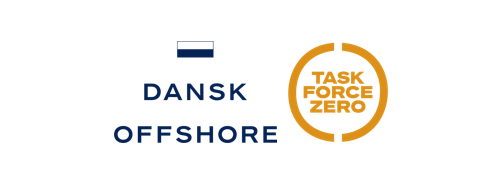-
Tim Marsh
Psychologist, AnkerMarshTim Marsh was one of the team leaders of the original UK research into behavioural safety (in construction) in the early 1990s. He is considered a world authority on the subject of behavioural safety, safety leadership and organisational culture, was awarded a “President’s Commendation” in 2008 by the International Institute of Risk and Safety Management and was selected to be their first ever ‘Specialist Fellow’ in 2010.
Founder of Ryder Marsh Safety Tim has worked commercially with more than 500 major organisations around the world, including many international oil and gas, utility, chemical, transport, IT and manufacturing organisations as well as the European Space Agency, the BBC, the National Theatre and Sky. Founded Anker & Marsh in 2018 with Jason Anker to focus more closely on wellbeing and mental health issues.
Tim has worked with media such as the BBC (radio work and selecting and fronting a box set of their “disaster” series). Additionally, Tim has written dozens of magazine articles, many academic articles and the books “Affective Safety Management”, “Talking Safety”, “Total Safety Culture”, “Safety Savvy”, “A Definitive Guide to Behavioural Safety” and “A Handbook of Organised Wellbeing”.
Speaker for following sessions-
12:00 - 12:30 Safety talk: Sustaining the safety mindset (Part I)13:30 - 14:00 Thinking health, safety, and wellbeing14:40 - 15:10 Safety talk: Sustaining the safety mindset (Part II)17:00 - 17:30 Safety Talk: Sustaining the safety mindset (Part III)
-
